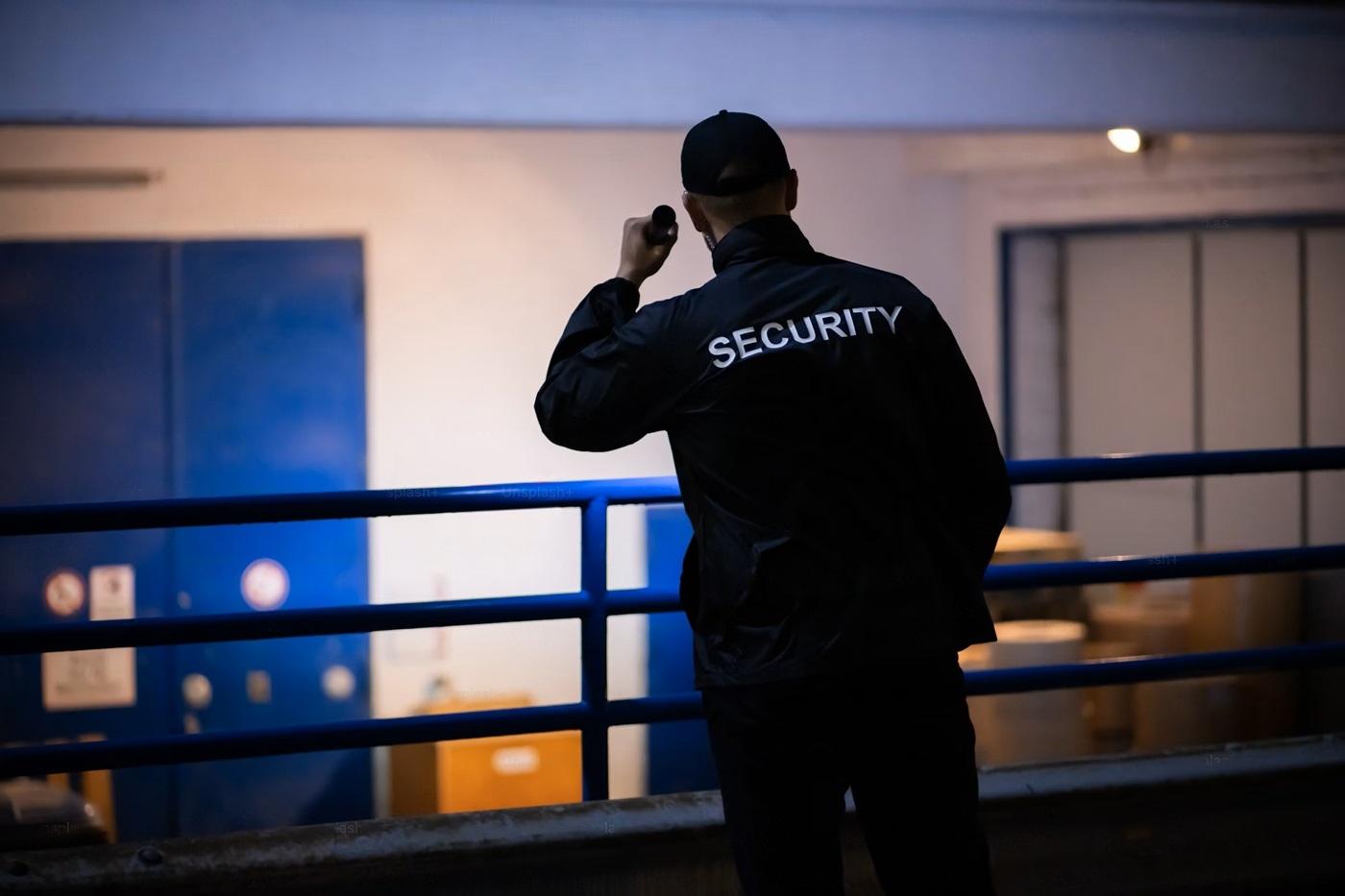In recent years, the landscape of private security has undergone a dramatic transformation, particularly in urban centers like Melbourne. As the city evolves and grows, so do the challenges related to safety and security. Technology has emerged as a crucial player in addressing these challenges, offering advanced solutions that enhance both the effectiveness and efficiency of private security services.
1. The Evolution of Security Technology
Traditionally, private security relied heavily on physical presence and basic surveillance methods. Security guards patrolled areas, and rudimentary CCTV systems recorded footage for later review. While these methods served their purpose, they often fell short in terms of real-time monitoring and rapid response capabilities.
Today’s technology-driven security solutions, however, have revolutionized this field. The integration of advanced technologies such as artificial intelligence (AI), the Internet of Things (IoT), and cloud computing has significantly enhanced the effectiveness of private security measures. These advancements not only provide more robust protection but also offer greater flexibility and efficiency in managing security operations.
2. AI and Machine Learning in Surveillance
One of the most significant advancements in private security is the application of AI and machine learning. Modern surveillance systems are no longer just about recording video footage; they now incorporate intelligent algorithms capable of analyzing and interpreting data in real-time.
AI-powered security cameras can detect unusual behavior, such as loitering or unauthorized access, and trigger alerts automatically. Machine learning algorithms can analyze patterns in surveillance footage to identify potential threats and even recognize faces or vehicles. This capability allows security personnel to focus on high-priority tasks and respond to incidents more quickly and accurately.
In Melbourne, where large public events and bustling commercial areas are common, these AI-driven systems play a crucial role in maintaining safety. For instance, during major events like the Melbourne Cup, AI-enhanced surveillance helps monitor crowd behavior and detect any potential security breaches promptly.
3. The Internet of Things (IoT) and Integrated Security Systems
The IoT has enabled the development of interconnected security systems that provide comprehensive protection. By integrating various security devices and sensors, IoT technology creates a cohesive network that can be monitored and controlled from a central platform.
For example, IoT-enabled alarm systems can be linked with surveillance cameras and access control systems. If an alarm is triggered, the system can automatically lock doors, alert security personnel, and start recording video footage of the area. This seamless integration enhances the overall security posture and ensures a rapid response to potential threats.
In Melbourne, the deployment of IoT-based security systems has become increasingly common in both residential and commercial properties. These systems offer property owners peace of mind by providing real-time monitoring and remote access to their security infrastructure.
4. Cloud Computing and Data Management
Cloud computing has revolutionized the way security data is stored and managed. Instead of relying on physical storage devices, security data can now be securely stored in the cloud, providing several key advantages.
Firstly, cloud storage allows for scalable data management, accommodating the growing amount of security footage and information generated by modern surveillance systems. This scalability is particularly beneficial for large-scale security operations, such as those needed for protecting Melbourne’s extensive public infrastructure.
Secondly, cloud computing enables remote access to security data. Security personnel can view live feeds, review recorded footage, and manage security systems from any location with an internet connection. This flexibility enhances the ability to respond to incidents quickly and efficiently.
In Melbourne, where businesses and government agencies often require access to vast amounts of security data, cloud-based solutions offer a reliable and convenient way to manage and analyze information.
5. Drones and Advanced Surveillance Tools
Drones have emerged as a valuable tool in the realm of private security. Equipped with high-resolution cameras and other sensors, drones can provide aerial surveillance and monitor large areas from a unique perspective.
In Melbourne, drones are increasingly used for tasks such as crowd monitoring during major events, traffic management, and patrolling large commercial properties. Their ability to cover extensive areas quickly and capture detailed footage makes them an invaluable asset in ensuring public safety and security.
Additionally, advancements in drone technology have led to the development of sophisticated features such as automated flight paths, real-time data transmission, and integration with other security systems. These capabilities further enhance the effectiveness of drone-based surveillance and response operations.
6. The Future of Security Technology in Melbourne
As technology continues to advance, the future of private security in Melbourne promises even greater innovation. Emerging technologies such as biometric identification, blockchain for secure data management, and advanced analytics are likely to play a significant role in shaping the future of security.
Biometric systems, for example, can provide more accurate and secure access control by using features such as fingerprint or facial recognition. Blockchain technology can enhance data security and integrity by creating immutable records of security events and transactions. Advanced analytics will enable more sophisticated threat detection and risk assessment.
In conclusion, technology has dramatically enhanced private security in Melbourne, providing advanced solutions that improve surveillance, response times, and data management. As the city continues to grow and evolve, these technological advancements will play an increasingly vital role in ensuring the safety and security of its residents and businesses. The integration of AI, IoT, cloud computing, drones, and other cutting-edge technologies represents a significant leap forward in the field of private security, offering a promising outlook for the future.



